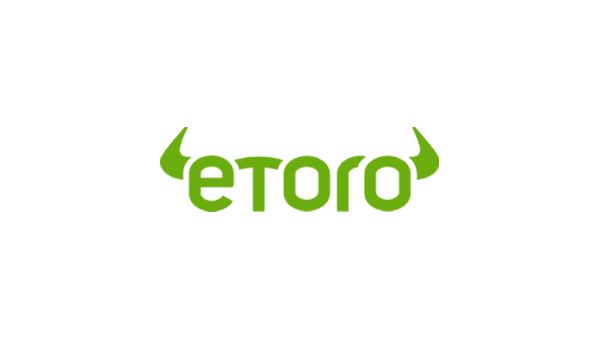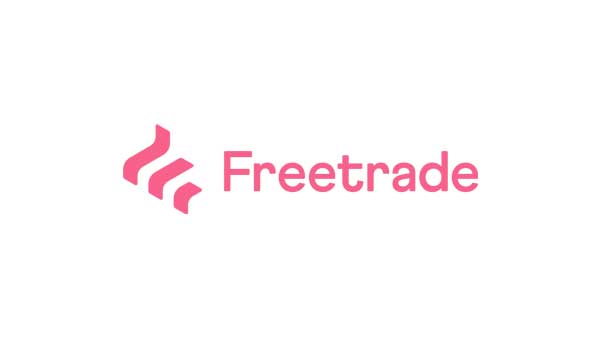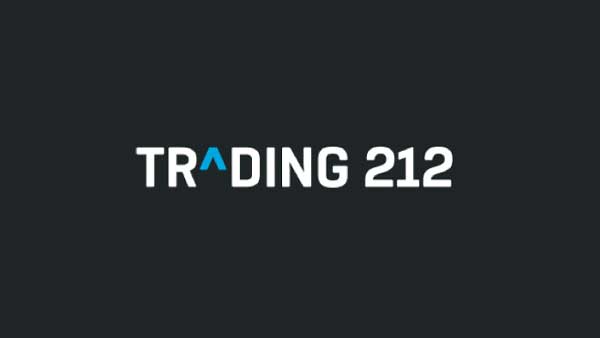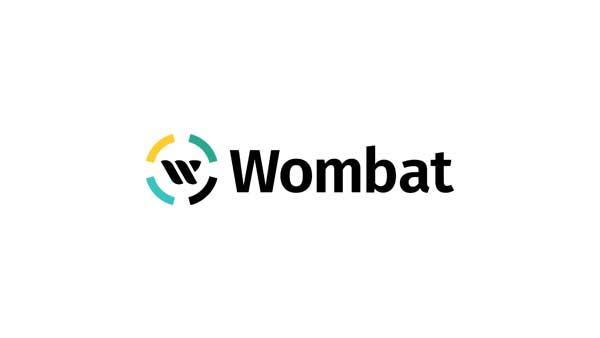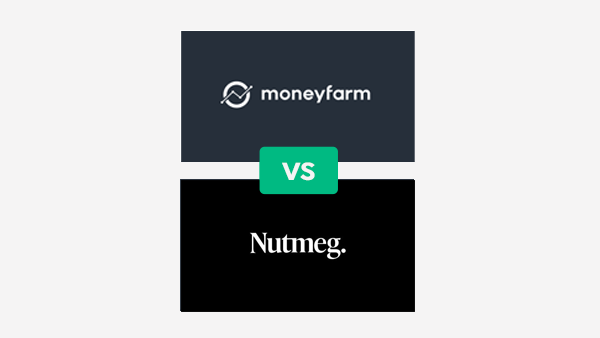The option to buy fractional shares is something that was first introduced in the late 90s to early 2000s in the US whilst, their rollout was slower in the UK and Europe. A fractional share is basically a slice or a fraction of a whole share. Some individual share prices are so high they are too expensive for some investors, so buy a part share make investing in higher priced shares possible.
As an example, as of mid 2023, five of the most valuable companies by market capitalization in the world are Apple, Microsoft, Alphabet, Amazon and Nvidia. A portfolio of holding one share of each company would cost the investor well over £1000. With fractional shares, investors can invest in these companies by buying just a fraction of a share.

Fractional shares are therefore solving the problem of affordability, by allowing investors to invest into a portfolio of stocks that would otherwise cost £1000s or more. In our example of shares a portfolio of the five mentioned stocks would cost over £1000. However, if you only bought 10% of one share, it would only cost the investor around £100.
Most trading platforms today are now offering to the option to buy fractional shares in the UK. Some providers even have a minimum investment amount of just £1.
They can be bought in individual shares and ETFs. Some investment platforms are also offering fractional shares as part of a saving plan.
How do fractional shares work?
They work in the same way as whole shares. The difference is that instead of buying one whole share or stock, the investor can just buy a fraction or slice of it. Thus, it is possible to invest with as little as £1 in a stock or share that trades for £1000. This way an investor can start to build up a diverse portfolio of different stocks with a lot less money. So in a sense this form of investing also allows diversification on a budget.
Do fractional shares pay dividends?
Yes, dividends are also paid in the same way. However, dividends are paid on a per share basis, therefore if only half a share is held, then only half the dividend amount is paid out. And if only a quarter of a share is owned then only a quarter of the dividend amount is paid out and so forth.
Where to buy fractional shares?
There are various platforms that are offering the option to buy fractional shares. One thing to consider is that not all available shares can be bought on a fractional basis. Some providers only offer this option on shares that are listed on particular stock indices such as the S&P, Dow Jones and FTSE.
In the UK, providers that do offer fractional shares are:
The types of stocks and shares differs amongst all of the platform providers in the UK. For example: Freetrade and Plum are currently offering a wide range of US listed stocks, whilst Trading 212 are offering US, UK and internationally listed stocks and shares. Wombat is offering some selected shares on their free plan. However, their standard paid plan costs just £1 per month and offers access to a lot more stocks and shares, ETFs and ISAs which might be the better option for long term investment strategies.
How do you sell fractional shares?
Fractional shares can be bought just like full shares and they can also be sold in the same way via a trading platform.
What are the pros and cons of fractional shares?
Pros
- They make buying shares more affordable by allowing to buy a fraction
- Enables to diversify a stock and shares portfolio on a small budget
- Dividend payments based on the amount or fraction owned
Cons
- Limited stock and shares options depending on the platform provider
- Not all trading platform providers offer the fractional shares option
- The ease of use, accessibility and low cost can result in recklessness, because a loss does not look like much if only a few pounds have been invested, but they can add up quickly.
- Share transfers are not possible, so stocks would need to be sold before moving to another provider
How much does to it cost to buy fractional shares?
Each trading platform has its own fee structure, therefore it would make sense to shop around and compare the cost. Many trading platforms are offering commission free trading such as Freetrade and Trading 212, but have other costs such as trading fees, foreign exchange fees, or fees when depositing funds into your trading account. In addition, some of the trading platform providers offer interest on funds that are held in the account but are not invested. Freetrade offers interest between 1% and 3% depending on how much cash is kept in the account on their Standard and Plus plans. Most trading platform providers also have a minimum investment fee. The Trading 212 minimum investment is £1, Freetrade’s minimum is £2 , whilst Wombat’s minimum investment in fractional shares is £10.
Fractional Shares – Final Thoughts
Fractional shares do seem a good option to buy shares whose share prices are too high, as long as the investment decision has been made carefully. Take care, because the low entry barrier can create reckless trading behaviour! As with all investments, one can make substantial gains as well as substantial losses. Your capital is always at risk.
It makes sense to check various providers to choose the right one. Whilst some platforms are offering commission free trading, there usually are FX costs involved in any trade (if the stocks purchased are in a different currency than your base platform currency). Another aspect to consider is, that fractional shares are not transferable, so if you want to switch providers, the fractional shares need to be sold first and then transfer the funds to the new provider.
Articles on the wiseabout.money website may contain affiliate links. If you click these links, we may receive compensation. This has no impact on our editorial and any money earned helps us to continue to provide the useful information on our site.

